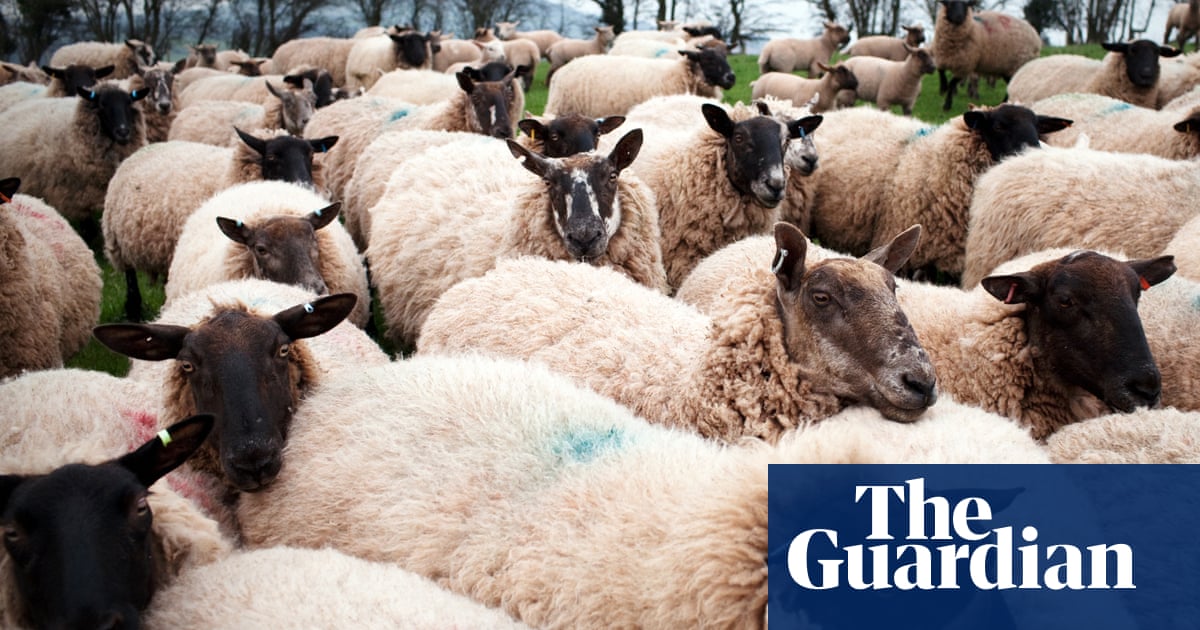The article provides details on a Welsh farmer's guilty plea for stealing 73 sheep from a neighbor, highlighting the impact of financial stress on ethical behavior. This case raises several important themes, including community response, the legal ramifications of livestock theft, and the broader societal implications of financial hardship among farmers.
Community Engagement and Response
The public appeal issued by the police played a crucial role in the recovery of the stolen sheep. The involvement of the farming community, which shared the appeal over 700 times, emphasizes the importance of community solidarity in rural areas. This aspect of the story aims to foster a sense of unity and vigilance among local farmers, suggesting that collective action can lead to positive outcomes. Additionally, the police's gratitude towards those who provided information may enhance trust in law enforcement within the community.
Legal Consequences and Financial Hardship
Hywel Williams received a 12-month suspended sentence and was required to perform community service and pay compensation. His admission of financial pressure as a motive for his actions sheds light on the struggles faced by farmers in the UK, particularly in recent years where livestock theft has increased significantly. The mention of Williams’ financial difficulties may evoke sympathy from readers, raising awareness about the economic challenges within the agricultural sector.
Broader Implications of Livestock Theft
The article notes that livestock theft in the UK has cost an estimated £2.7 million in 2023, linking financial strain to criminal behavior and highlighting the potential risks to animal welfare and public health. This data serves to inform the public about the serious implications of such thefts, not only for individual farmers but for the agricultural industry as a whole. By presenting these statistics, the article may aim to spark discussions on the need for more robust protections for farmers and their livestock.
Perception of Agriculture and Community Support
The narrative around Williams’ case may influence public perception of farmers, evoking a mix of empathy and concern about the industry’s viability. By addressing the underlying financial issues that led to the crime, the article seeks to humanize the farmer and encourage support for agricultural communities facing economic distress.
Potential Social and Economic Effects
The article has the potential to generate conversations around policies aimed at supporting farmers and preventing livestock theft. It also raises awareness about the need for community resources to help individuals in financial distress, which could lead to calls for increased support from local governments or agricultural organizations. Such discussions could have long-term implications for the agricultural sector and rural economies.
Target Audience and Community Impact
The article appears to target readers from agricultural backgrounds or those interested in rural affairs. By discussing themes of community support and the struggles of farmers, it aims to resonate with individuals who may share similar experiences or concerns.
Market and Economic Relevance
While this specific case may not have direct implications for stock markets or global financial systems, it reflects broader trends in agricultural economics that could influence related sectors. For instance, companies involved in livestock insurance or agricultural support services might see increased interest as farmers seek ways to protect their assets against theft.
Global Context and Relevance
On a broader scale, the issues presented in the article relate to global discussions about food security, agricultural sustainability, and economic inequality. As financial pressures on farmers increase globally, similar cases could arise in other regions, prompting a reevaluation of support mechanisms for agricultural communities.
Use of AI in Reporting
There is no direct evidence to suggest that artificial intelligence was employed in the writing of this article. However, AI models could potentially assist in gathering data or generating reports on similar incidents, influencing the tone and presentation of the information. The structured narrative and statistical data may reflect a style of reporting that AI tools could help facilitate.
Manipulative Aspects and Language
While the article generally presents factual information, it could be argued that there is a subtle attempt to elicit sympathy for the farmer by emphasizing his regrets and the stress caused to both parties. This framing may serve to soften the perception of his criminal actions, potentially manipulating public sentiment toward a more compassionate view of his circumstances.
In conclusion, the article is largely factual, presenting a detailed account of a specific incident while also touching on broader themes of community, financial stress, and agricultural challenges. The overall reliability of the article appears high, as it includes direct statements from law enforcement and court proceedings. The narrative’s focus on the human elements of the story may aim to foster understanding and dialogue about the issues faced by farmers today.
